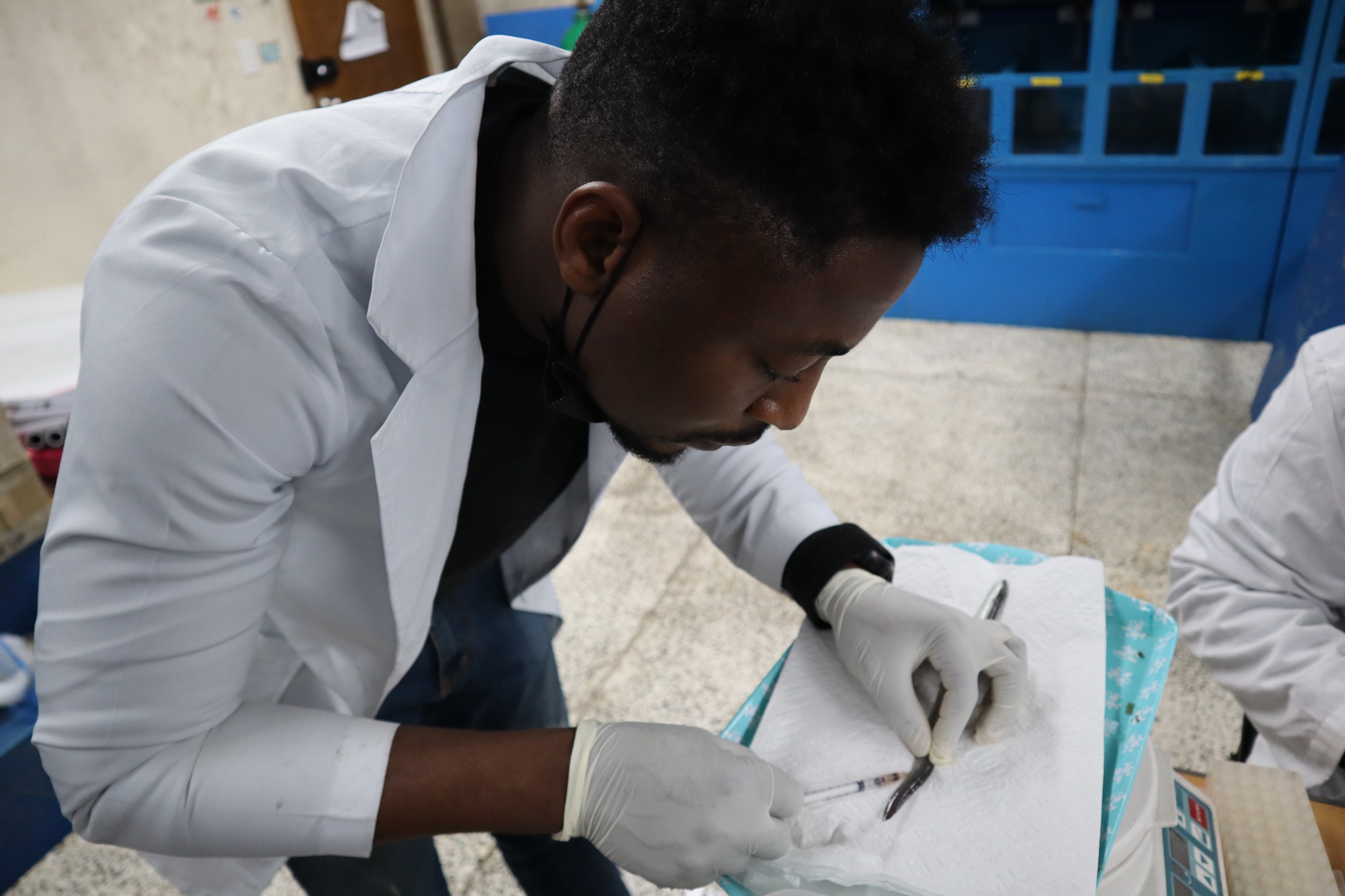New study shows natural feed additives could transform aquaculture health management. For decades, fish farmers have depended on antibiotics to fight disease outbreaks and to improve growth. While effective in the short term, this reliance has fueled the rise of drug-resistant bacteria, left antibiotic residues in seafood, and disrupted aquatic ecosystems. As pathogens become harder to treat, the aquaculture industry is under growing pressure from regulators and consumers to find safer, sustainable solutions.
A recent study led by animal nutrition scientist Olumide Olowe suggests that synbiotics, a combination of probiotics and prebiotics, could provide a powerful alternative. Presented at the Korean Society of Fisheries and Aquatic Sciences International Conference and accepted for publication in the Journal of Aquatic Animal Health, the study tested whether synbiotics could improve fish health and survival as effectively as antibiotics in aquaculture.
The research focused on Japanese eel (Anguilla japonica), a high-value farmed species. Mr Olowe and his collaborators from South Korea and the Czech Republic tested two synbiotic diets: one combining Bacillus subtilis with mannooligosaccharides and another pairing Enterococcus faecium with fructooligosaccharides. These diets were compared to a standard feed and a feed supplemented with the commonly used antibiotic oxytetracycline. Over eight weeks, 360 juvenile eels were raised under controlled conditions in Busan, South Korea. The results were clear. Fish on the Bacillus subtilis and MOS diet gained more weight, converted feed more efficiently, and had significantly higher survival rates when challenged with the pathogen Vibrio anguillarum.
“Healthy gut microbiota translates directly to healthier fish,” Olowe said. “By supporting beneficial bacteria in the gut, synbiotics strengthen immunity and reduce the need for antibiotics.”
The study also measured immune enzymes such as superoxide dismutase and myeloperoxidase, both of which play critical roles in defending fish against harmful bacteria. Fish on the synbiotic diets showed elevated levels of these enzymes, further evidence of a stronger immune system. Although the work focused on Japanese eel, the implications extend to the broader aquaculture industry. “This study provides a strong foundation,” Olowe said. “Our next step is to refine synbiotic formulations for different fish species and other animal production systems. The goal is to give farmers practical tools to protect fish health and meet the growing demand for antibiotic-free seafood.”
The findings reflect a larger shift in animal agriculture toward functional feeds that naturally promote health and performance. By providing an effective alternative to antibiotics, synbiotics could help producers meet stricter regulations and consumer expectations while reducing environmental impacts. As aquaculture continues to expand to meet rising global demand for protein, strategies like synbiotics are becoming essential. They offer a way to maintain high levels of production while protecting public health and the environment.
Olowe, who has extensive experience in fish and poultry nutrition and is currently at Purdue University, believes the potential is significant.
“Antibiotic-free production is no longer a niche goal,” he said. “It is becoming the standard, and we need solutions that help farmers meet that standard sustainably.” With its clear results and practical applications, the study offers hope that aquaculture can maintain productivity without the heavy reliance on antibiotics that has defined the industry for decades.
Source - https://guardian.ng













